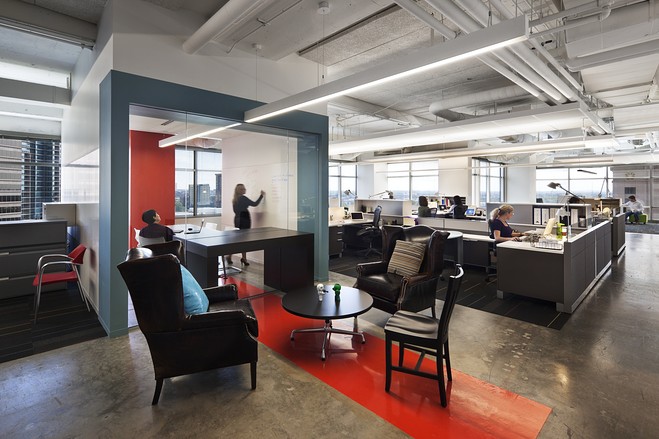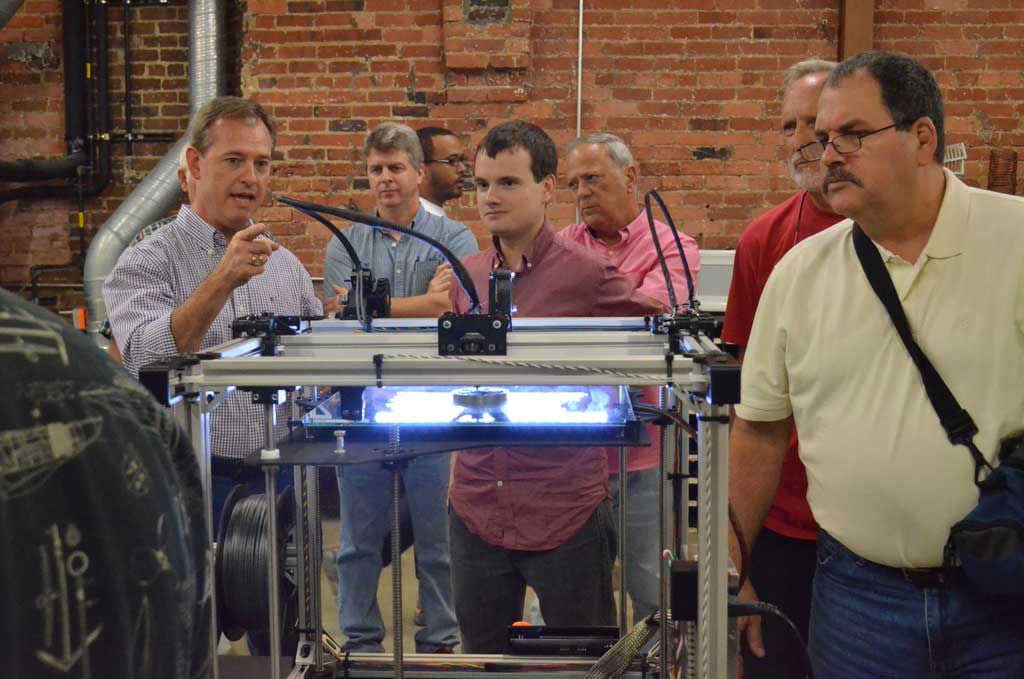
Climate scientists everywhere reacted with stunned outrage as word spread about an op-ed piece in the New York Times on Sept. 20, 2014 under the headline: “To Save The Planet, Don’t Plant Trees.” Operating on kernals of truth that distort and misinterpret far larger facts and realities about the role of forests — tropical and otherwise — in mitigating the damage of climate change, Nadine Unger, an atmospheric chemist at Yale, wrote, somewhat incredulously, “It is a myth that photosynthesis controls the amount of oxygen in the atmosphere. Even if all photosynthesis on the planet were shut down, the atmosphere’s oxygen content would change less than 1 percent.” Not so, climate scientists say. Not even close.
The full story is here at National Geographic NewsWatch.
Photo by Justin Catanoso





 New wind turbines in the North Sea off Germany. Renewable resources account for 30 perent of Germany’s power generation, more than twice what the U.S. produces. Photo: NY Times.
New wind turbines in the North Sea off Germany. Renewable resources account for 30 perent of Germany’s power generation, more than twice what the U.S. produces. Photo: NY Times.

